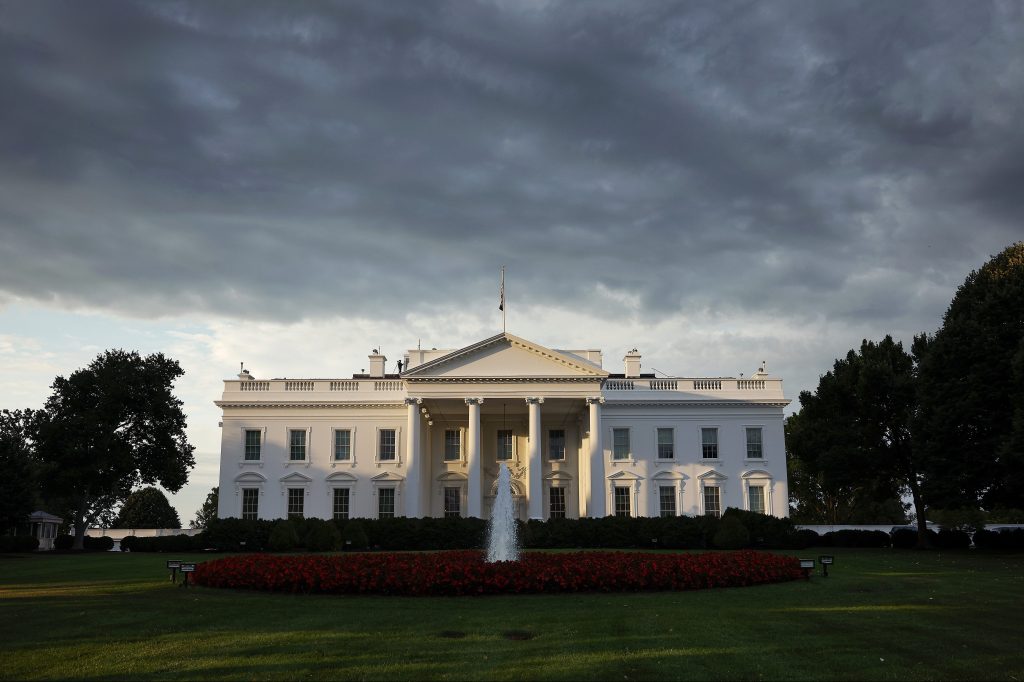In collaboration with the Cyberspace Solarium Commission 2.0, the McCrary Institute released a report last month entitled Securing America’s Digital Future: A Bipartisan Cybersecurity Roadmap for the Next Administration, which outlines a series of cyber defense recommendations on enhancing the nation’s cyber resilience while maintaining a competitive edge in an interconnected world.
The Institute, based at Auburn University with additional centers, offers policy, research and education services on all things cyber-related.
Based on input from a 40-member task force comprised of leading cyber policy experts from public and private sectors, the report provides a framework for the incoming administration to engage in important policy efforts and bolster US infrastructure security.
Eight key recommendations are:
- Harmonize the regulatory landscape.
- Improve coordination across federal agencies.
- Provide exercised playbooks for stakeholders to prepare for and respond to cyberattacks.
- Develop a process for labeling state sponsors of cyber crime.
- Develop a system for critical asset identification.
- Establish standards for cloud, information technology and operational technology security.
- Improve cyber workforce development retention.
The report is meant to address current gaps and emerging threats, and it is designed to “offer a roadmap for the incoming administration to secure America’s digital future.”
One theme within the report emphasizes a need for greater collaboration across public and private sectors, transcending traditional boundaries. It also recommends fostering closer ties between the Cybersecurity and Infrastructure Security Agency, the Federal Bureau of Investigation, National Security Agency and private partners to create a more responsive cyber ecosystem.
Proactive security measures are also highlighted, advocating a “defend forward” strategy that involves enhancing deterrence capabilities and imposing costs on adversaries, executed within a legal framework.
The report underscores the importance of building a skilled cybersecurity workforce through expanded educational programs and flexible employment arrangements, calling for an approach toward emerging technologies that ensures innovation while safeguarding national security.
And it reminds organizations that strong cybersecurity measures are critical for protecting intellectual property, maintaining business continuity, and fostering innovation.

















